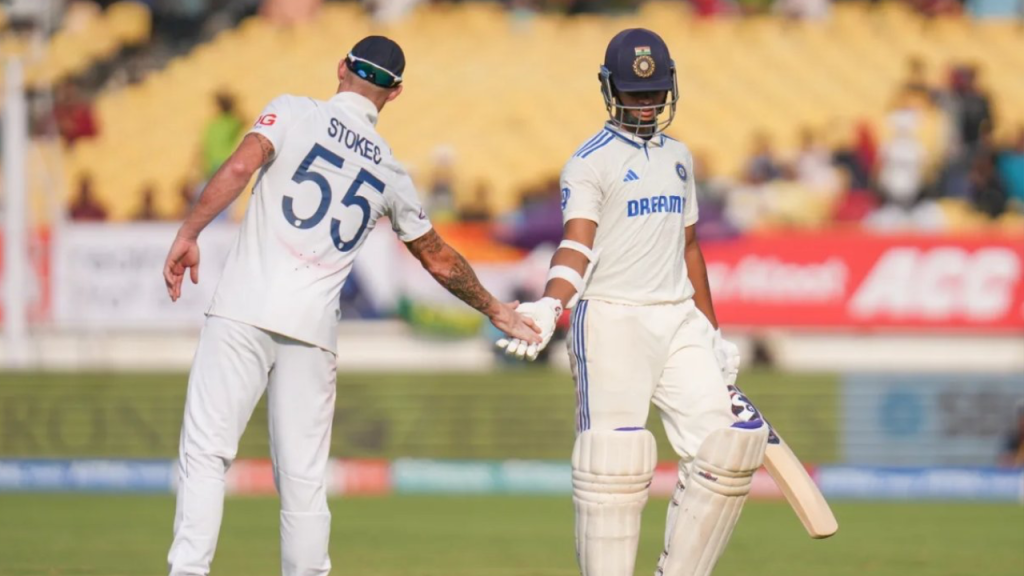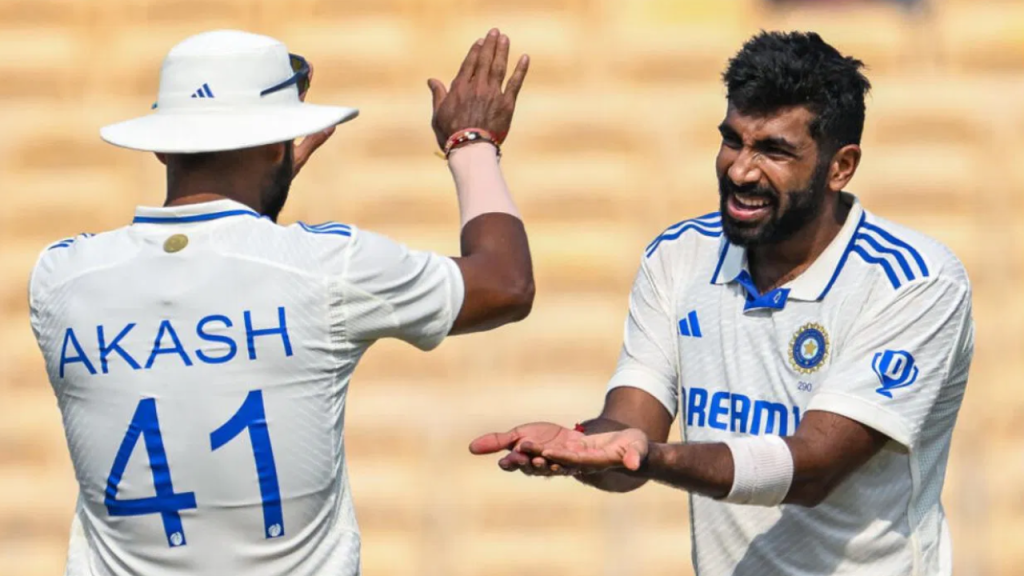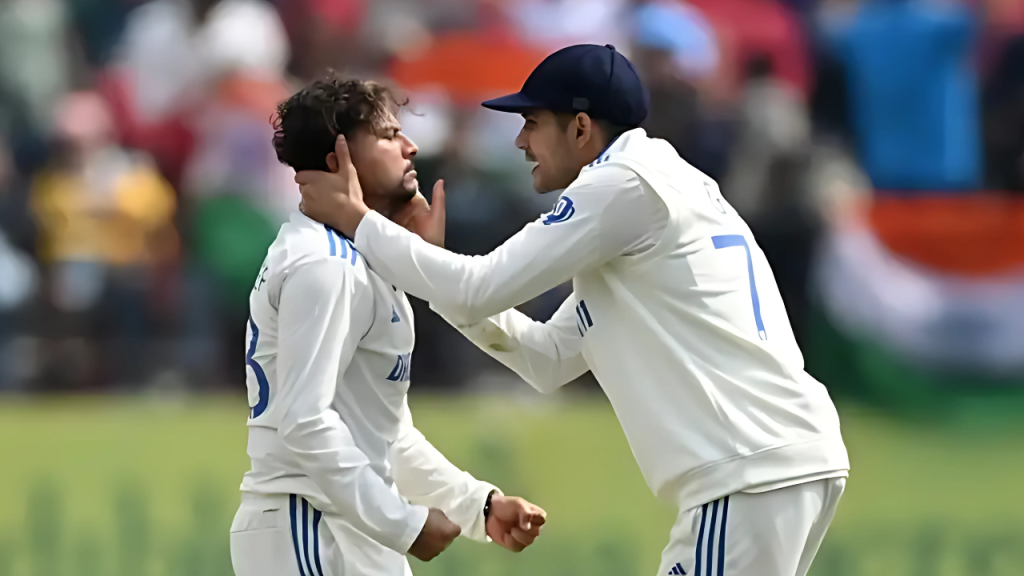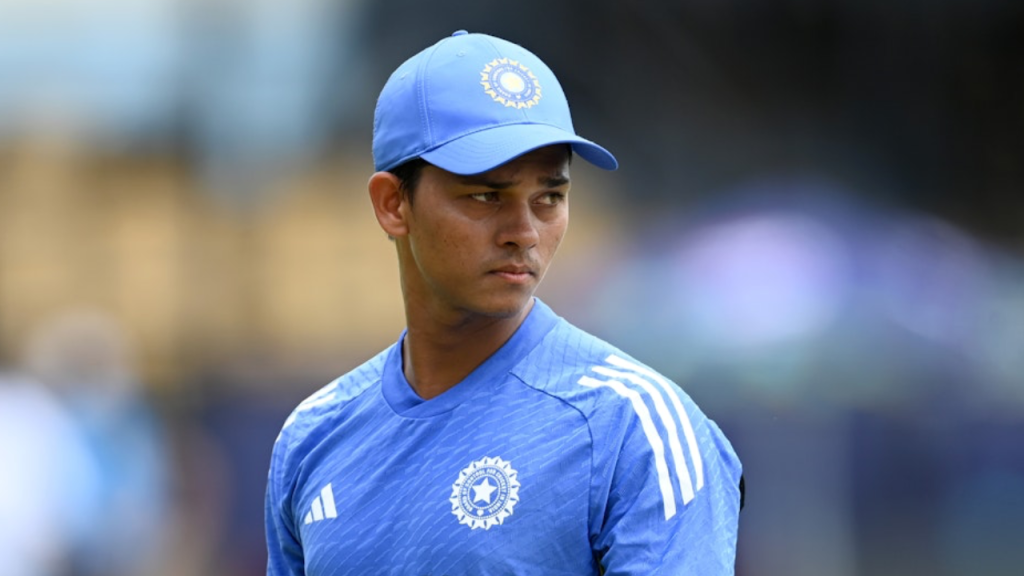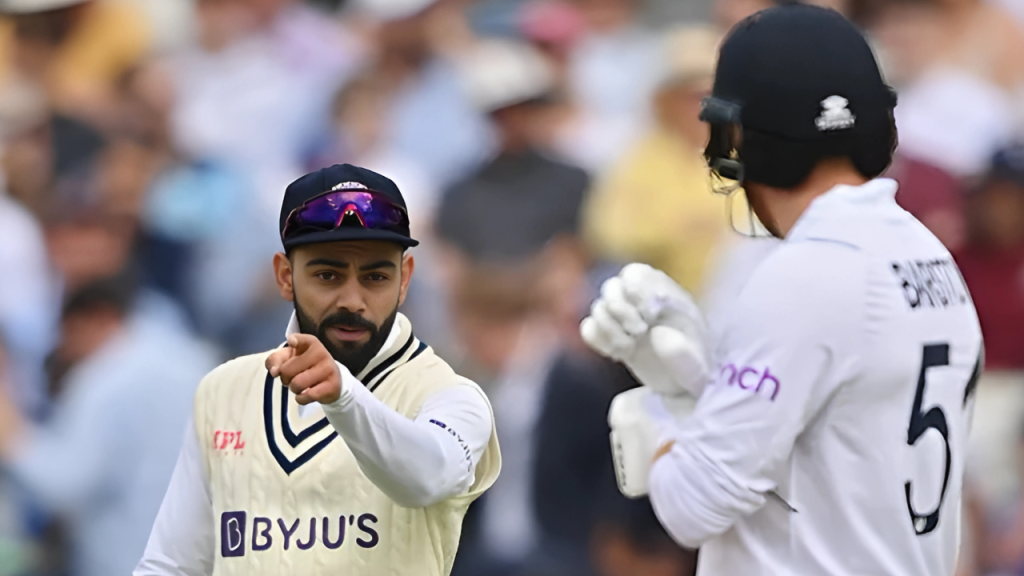In a world where sports often transcend beyond the boundaries of the field, cricketers occasionally step into the realm of social advocacy, using their influence to address pressing societal issues. Recently, Suryakumar Yadav, India’s T20I captain, took to social media to share a profound message following the heinous crime of a doctor’s rape and murder in Kolkata. His post, titled “Educate Your Son,” has sparked a conversation on the role of education in preventing such atrocities.
The incident that spurred Yadav’s message was the alleged rape and murder of a female doctor at RG Kar Medical College and Hospital in Kolkata, an event that not only shook the city but resonated across the nation. This tragic event has led to widespread outrage, protests, and a demand for justice. Amidst this backdrop, Yadav’s call to “Educate Your Son” serves as a reminder of the broader societal responsibility to foster respect, consent, and empathy.
The Message and Its Implications
Yadav’s post is not just a reaction to the crime but a proactive approach to addressing the root causes of violence against women. His message implores parents, educators, and society at large to educate not just sons but all young men about respect for women, the importance of consent, and the gravity of their actions. This education, he suggests, should begin at home, extending through educational institutions and into societal norms.
Public Reaction and Social Media Sentiment
The post by Suryakumar Yadav, alongside similar sentiments from other public figures, has ignited discussions on platforms like X (formerly Twitter). The sentiment is mixed, with anger over the crime, sorrow for the victim, and a call for systemic change. These reactions highlight a growing demand for not just legal repercussions but a cultural shift towards gender equality and respect.
The Broader Impact
Yadav’s involvement in highlighting this issue through his platform signifies the intersection of sports, social responsibility, and activism. His message encourages a proactive approach in teaching future generations about respect and consent, aiming to reduce the occurrence of such violent crimes. This incident and the subsequent reactions illustrate a moment where sports personalities leverage their influence to advocate for social change, emphasizing education as a tool for cultural transformation in the fight against gender-based violence.
Suryakumar Yadav’s post serves as a poignant reminder of the power of education in shaping societal values. While the immediate response to the crime in Kolkata involves legal action and justice for the victim, the long-term solution, as Yadav suggests, lies in educating the youth. His call to “Educate Your Son” is a call to action for every parent, teacher, and community leader to foster a society where such crimes are not just legally punishable but culturally unthinkable.
